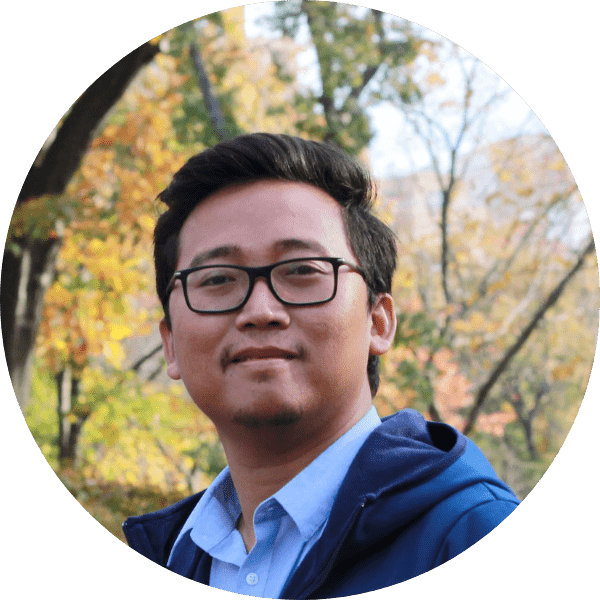2 minutes read
Four months after the World Health Organisation declared an end to the COVID-19 pandemic, governments, institutions and organisations around the world are in the process of reviewing their response measures to see how they have stacked up. For frontline organisations like the International Rescue Committee which provides aid to thousands of refugees along the Myanmar – Thailand border, the health crisis became a new obstacle in an already challenging environment. By August 2022, there were more than 6,500 confirmed COVID cases and 43 deaths in nine refugee camps in the area, and strict lockdowns and the resulting loss of income for many refugees fuelled tension and stress in the community.
Reflecting on its experience, IRC shared that it had to be agile and adaptable in responding to the rapidly changing health situation with limited resources, alongside dealing with language barriers, cultural tensions, and security threats. Becoming a recipient of AVPN’s Healthcare Philanthropic Pooled Fund played a significant part in enabling them to rise to the challenge.
“The flexibility of the funding, not just allowed agility, but also allowed the team to maintain that relevance of response throughout the period, given the changing circumstances. So that was definitely most impactful. ” – Rachel Goh, Associate Director of IRC
The funding gave IRC the freedom to tap into their local expertise and decide how best to respond to the needs of the moment. Not only was the team able to address the community’s specific health needs, they were also able to build suitable infrastructure, train and support their staff, expand their services and improve their communication strategy.
Unlike traditional funding, flexible funding is not tied to a specific project or outcome, allowing the implementing organisation to decide how best to use the funds. It lacks the stringent reporting requirements that often accompany grants, and poses less of an administrative burden, freeing up time for organisations to focus on strengthening solutions. For IRC this meant channelling capital towards vaccinations for refugees when they became available, upgrading health facilities to accommodate more beds, training staff in timely mobile data collection to help minimise the spread of COVID-19, and improving communications to dispel myths around the safety of vaccines and promote uptake.
In addition to taking care of the community, the flexible funding helped IRC to support the welfare of their own staff and volunteers, ensuring that they could sustain their efforts. Having the capacity to adapt and scale interventions meant that IRC was able to effectively provide health services to over 6,000 patients and vaccinations to 30,000 refugees, a lifeline for a community that has limited rights and access to public health and other social services.
ABOUT THE IRC
The International Rescue Committee responds to the world’s worst humanitarian crises, helping to restore health, safety, education, economic well being, and power to people devastated by conflict and disaster. Founded in 1933 at the call of Albert Einstein, the IRC works in more than 40 countries and in 28 U.S. cities helping people to survive, reclaim control of their future, and strengthen their communities. IRC is also a grantee of the AVPN’s Healthcare Philanthropic Pooled Fund.
This article is part of an ongoing AVPN initiative on Trust-based Philanthropy were we share our learnings, develop insights with our partners, and lead the conversation about this essential and evolving approach to giving in Asia. To learn more and get connected please click here.


















